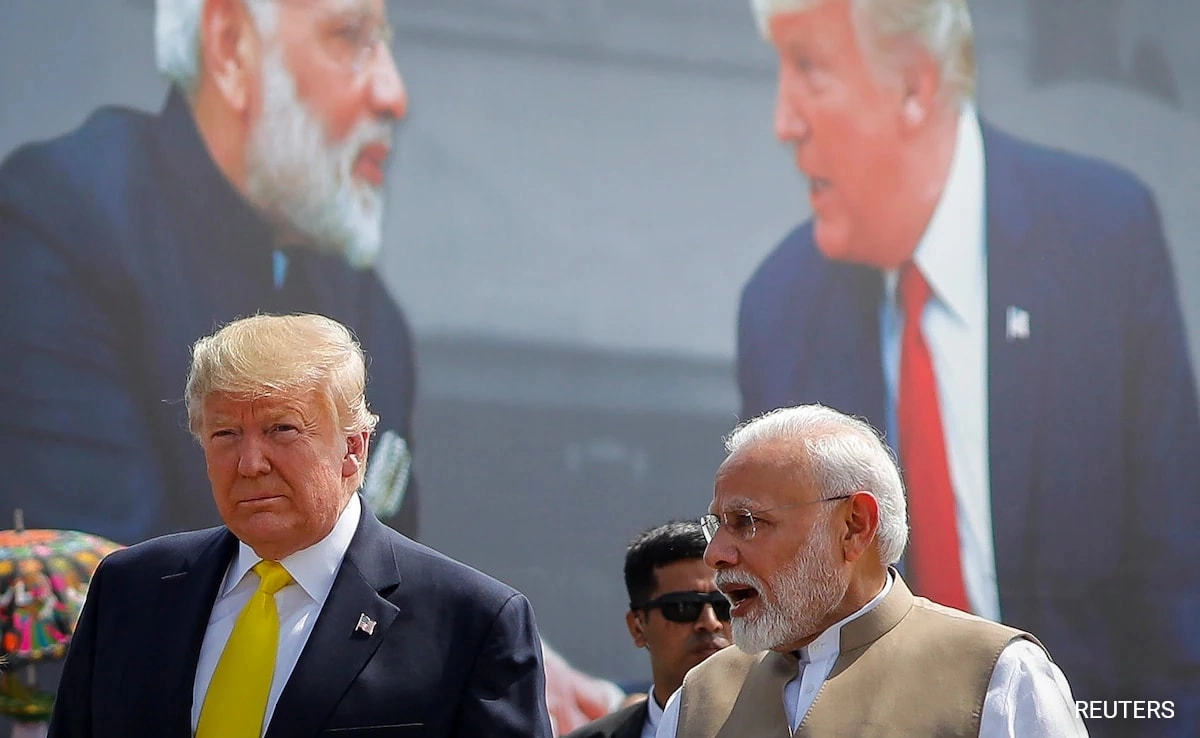The relationship between the United States and India, particularly under the leadership of Donald Trump and Narendra Modi, has been marked by a complex interplay of geopolitical interests, mutual admiration, and significant challenges. While both leaders have publicly expressed their camaraderie through social media, emphasizing shared values and goals, the reality of international relations necessitates more than just superficial gestures to foster genuine understanding and collaboration. A tweet may capture a moment of goodwill, but true healing in diplomatic relations demands sustained effort, dialogue, and an acknowledgment of deeper issues.
In recent years, the U.S.-India partnership has been tested by various factors, including trade discrepancies, differing approaches to climate change, and human rights concerns. Modi’s government has faced criticism over its policies toward religious minorities, which has led to apprehensions about India’s commitment to democratic principles. On the other hand, Trump’s administration has been criticized for its inconsistent foreign policy and its often abrasive approach to international allies. Both leaders must navigate these complexities if they hope to build a foundation for a long-lasting and mutually beneficial relationship.
To achieve true healing, it is essential for both nations to engage in open dialogues that address these contentious issues head-on. This means moving beyond the optics of friendly interactions and focusing on substantive discussions that can lead to concrete actions. For instance, addressing trade imbalances and finding common ground on climate initiatives could strengthen ties and foster a more cooperative spirit. Additionally, recognizing and respecting each other’s domestic challenges will be crucial in building trust and understanding.
Ultimately, the path to healing in U.S.-India relations will require a commitment from both leaders to prioritize collaboration over competition. It is only through genuine engagement, respect for each nation’s sovereignty, and a willingness to confront difficult topics that a robust partnership can be forged. As both nations look to the future, the emphasis must shift from mere symbolic gestures to actionable strategies that reflect the true spirit of partnership. Only then can the relationship between Trump and Modi evolve into one that truly benefits both nations and their respective peoples.




